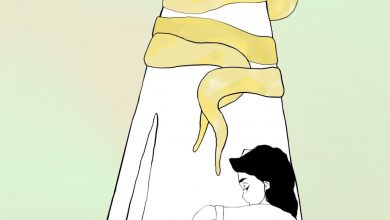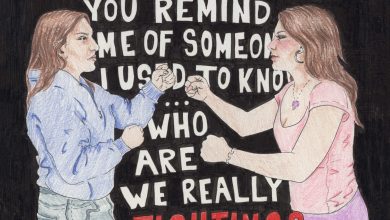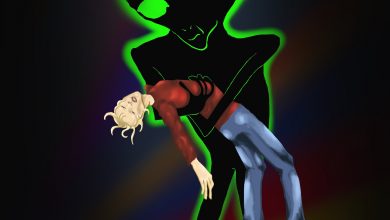Could You Laugh at Rape?
“Hey baby, you’re beautiful.” In the late hours of Friday night, I watched what I thought to be an all too typical situation unfold. The “complimentary” greeting of a woman bestowed upon her by a most benevolent benefactor. The man was part of a group of people I had met up with on the street because of some mutual connection, but I was not prepared for the situation to take not only an unexpected but horrific turn.
She passed two feet away from him and as he reached out his hand to her with a beckoning gesture, she promptly proceeded to ignore him and continue her quick stride in the direction of her desiredlocation. But it was not her desire that mattered, only his personal rejection that captured the attention of his friends. When they collectively noticed that she had not acknowledged his hopeful intrusion into her life, one of his friends laughed and screamed, “RAPE VICTIM!”
In utter shock, I realized that I was surrounded by a group of males laughing and screaming “RAPE VICTIM! RAPE VICTIM!” Not only did I experience intense anger and fear, I was astonished by the culmination of the moment. Because the girl did not acknowledge unwanted compliments and gestures, she was publically labeled as a “rape victim” and mocked for that status.
Looking back on this situation, I have drawn two plausible conclusions as to why she was branded as such. Both are equally disturbing and the issues involved with both of them could be unpacked in gender classes for months. The first plausible conclusion is that because she refused to acknowledge this man and his advances she was going to become a rape victim. The rape would act as a kind of punishment for her refusal to concede. The second, and more likely conclusion, is that these men assumed she had been a victim of rape and therefore was too scared to acknowledge the “innocent” comments of a “decent” man just trying to meet new people and have a good time.
If, in fact, their motivations for screaming were drawn from the second conclusion; the physical and emotional pain that they are presupposing as part of her past is immense. Then they are taking this pain that they assume to have existed and insulting her for her fear and her resistance. The resounding laughter that accompanied the word rape, spewed out of at least five mouths. It was a threatening chorus that accompanied the dimly lit street as if to say “We dare you to fight back, and we laugh because we ‘know’ you won’t or you can’t.”
An analysis of the power plays involved in this scenario cannot begin to offer condolence, or even understanding, of the tragedy that is rape. These men mocked rape openly and savagely. Where did I stand? I stood silently on that street, in the middle of this crowd of strangers, and felt fear and anger like I never have before. I wonder if I lost a battle against gendered violence that night. I do not know what I should have said to a crowd of men on a dark street who clearly think rape is a joke.
In the comfort of my own house, sitting on the couch, I am able to type this story. I am also vividly aware of the reality of sexual and gendered violence outside my door. The fact that this even happened forces me to question my efficacy as a feminist with a voice when it’s light outside and surrounded by like-minded friends.
But once again, I am reminded that I have every right to be angry, and every right to be scared. I feared for my body, for my sanity, and for the obliteration of my voice that night. I am fighting back and will forever fight against a culture in which I know my voice would have been treated as a rebellious anomaly disturbing the “humor” of the moment.
As I continue my fight with words and with actions I hope to evoke a multiplicity of voices and a chorus of my own. One day I hope the power I feel in “safe” situations, will be the power against which they will have to fight when the street is dark and I’m alone.




